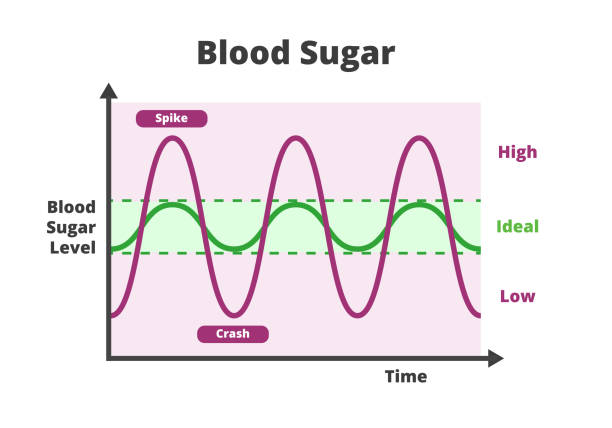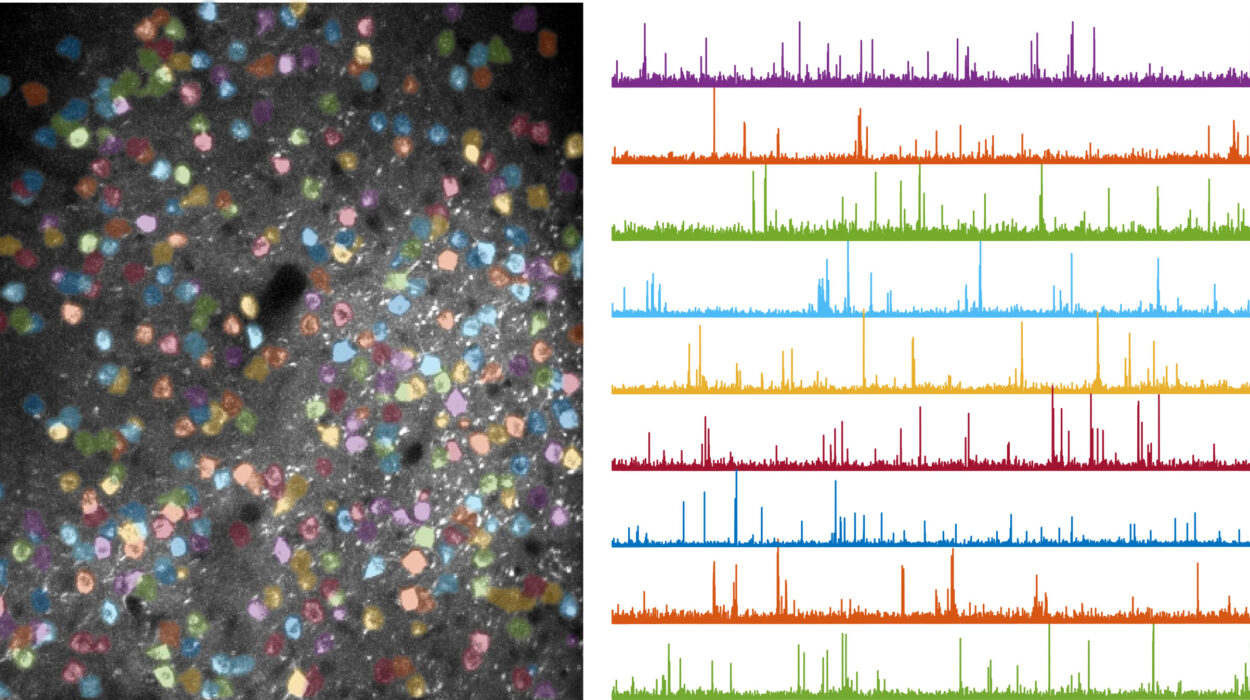Stroke remains one of the leading causes of death and disability worldwide, particularly in low- and middle-income countries where recurrent events are a significant concern. A recent study conducted in rural northern China has revealed promising results regarding the use of potassium-enriched salt to reduce the rates of recurrent stroke and mortality. The findings come from a subgroup analysis of the Salt Substitute and Stroke Study (SSaSS), an extensive cluster randomized clinical trial, which explored the benefits of replacing traditional salt with a salt substitute containing potassium chloride.
The Challenge of Stroke in Low- and Middle-Income Countries
In low- and middle-income nations, stroke is a major public health burden. In these regions, recurrent stroke is a particular challenge. According to global health data, the recurrence rates for stroke are significantly higher in certain countries, and China stands out in this regard. Particularly in rural northern China, where sodium intake is notoriously high and potassium intake is low, the rates of recurrent stroke and associated mortality are alarmingly high. Studies show that one year after a stroke, about 17% of patients will experience a recurrence, and over five years, this number escalates to 41%.
These figures are concerning, as recurrent stroke often leads to severe disability or death, which places immense strain on both individuals and healthcare systems. Addressing the underlying dietary factors contributing to stroke recurrence could have significant public health benefits. This is where the SSaSS study comes into play, shedding light on the potential impact of salt substitutes on stroke prevention and survival.
The Salt Substitute and Stroke Study (SSaSS)
The SSaSS trial, which took place in rural villages across China, involved a staggering 600 villages and nearly 21,000 individuals. The primary goal of this study was to explore the impact of substituting regular salt with a mixture that was 75% sodium chloride (common table salt) and 25% potassium chloride (a potassium-rich salt substitute). This combination was tested as a strategy to reduce sodium intake and increase potassium intake, both of which are known to influence blood pressure, a key risk factor for stroke.
In previous phases of the study, participants who were given the salt substitute showed significant benefits, including lower blood pressure and a reduced incidence of stroke-related events. The analysis published in JAMA Cardiology focused specifically on the subset of participants who had previously suffered a stroke. This provided a clearer picture of how the intervention impacted those already at high risk of recurrence.
Key Findings from the Study
The analysis in the JAMA Cardiology study, titled “Salt Substitution and Recurrent Stroke and Death: A Randomized Clinical Trial,” focused on 15,249 stroke survivors who had been part of the original SSaSS trial. Researchers tracked several outcomes during the study period, including blood pressure, stroke recurrence, mortality, and safety outcomes such as hyperkalemia (an excess of potassium in the blood).
- Reduction in Recurrent Stroke: One of the standout findings of this study was that the group receiving the 25% potassium chloride salt substitute experienced a 14% reduction in recurrent stroke compared to those who used regular salt. This reduction in recurrent stroke mirrored the results observed in the full cohort of the trial, which included individuals without a prior stroke.
- Lower Blood Pressure: A secondary but significant finding was that participants using the potassium-enriched salt showed a decrease in mean systolic blood pressure over the follow-up period. Lower blood pressure is known to reduce the risk of recurrent stroke and other cardiovascular events.
- Impact on Stroke Mortality: Stroke-related deaths were also lower in the group that used the salt substitute. In total, the study recorded 2,735 recurrent stroke events, with 691 fatal and 2,044 nonfatal strokes. The salt substitute group showed a 21% reduction in stroke-related deaths, offering evidence that dietary changes can have a profound impact on survival.
- Hemorrhagic Stroke: Hemorrhagic stroke, a particularly severe form of stroke that occurs when blood vessels in the brain rupture, showed a 30% relative reduction in the potassium substitute group. This is a promising finding, as hemorrhagic strokes are often associated with higher mortality rates and long-term disability.
- Hyperkalemia Risk: A potential concern with increasing potassium intake is the risk of hyperkalemia, a condition that can lead to dangerous heart arrhythmias. However, the study found no significant difference in hyperkalemia incidence between the potassium substitute group and the regular salt group, indicating that the salt substitute was safe for the majority of participants.
Implications for Public Health and Stroke Prevention
The results of this study highlight the potential of potassium-enriched salt substitutes as a low-cost, effective intervention to reduce recurrent strokes and mortality, particularly in regions like rural northern China, where dietary habits contribute to the high burden of stroke. The intervention’s success lies in its simplicity: a change in salt consumption can have a profound impact on blood pressure regulation and, consequently, on stroke prevention.
The findings of this study are especially important in areas where healthcare access is limited, and preventive health measures are often underutilized. Salt substitutes are inexpensive and easy to incorporate into daily diets, making them an attractive option for public health campaigns.
Broader Applications and Future Considerations
The findings from the SSaSS trial suggest that salt substitutes could be an effective tool not only for stroke survivors but also for the general population, particularly in regions where high sodium intake is a significant public health concern. Researchers recommend the broader implementation of salt substitutes, particularly in areas where sodium consumption is high, and potassium intake is low.
Moreover, while this study focused on stroke survivors, future research should explore whether the same benefits can be observed in individuals at risk of stroke but without a prior stroke event. Additionally, as the study suggests, regular monitoring of blood pressure and kidney function is essential to ensure the safe use of potassium-enriched salt, especially in individuals with pre-existing kidney conditions.
Conclusion
The SSaSS trial offers compelling evidence that potassium-enriched salt can be a safe and effective strategy for reducing the rates of recurrent stroke and stroke-related mortality, particularly in high-risk populations in rural China. With its potential for low-cost, widespread implementation, this dietary intervention could serve as a vital tool in the global effort to reduce the burden of stroke, especially in regions where access to healthcare and preventive treatments is limited.
By addressing key dietary factors, such as sodium and potassium intake, it is possible to make a significant impact on stroke prevention and long-term health. Moving forward, the global healthcare community may look to implement similar strategies in regions with high stroke incidence, ultimately improving public health and saving lives.
Reference: Xiong Ding et al, Salt Substitution and Recurrent Stroke and Death, JAMA Cardiology (2025). DOI: 10.1001/jamacardio.2024.5417






